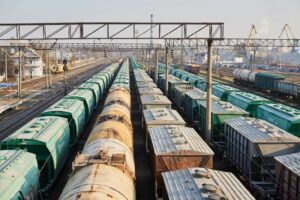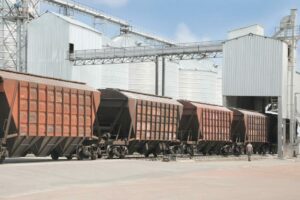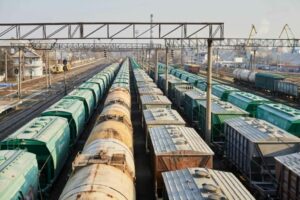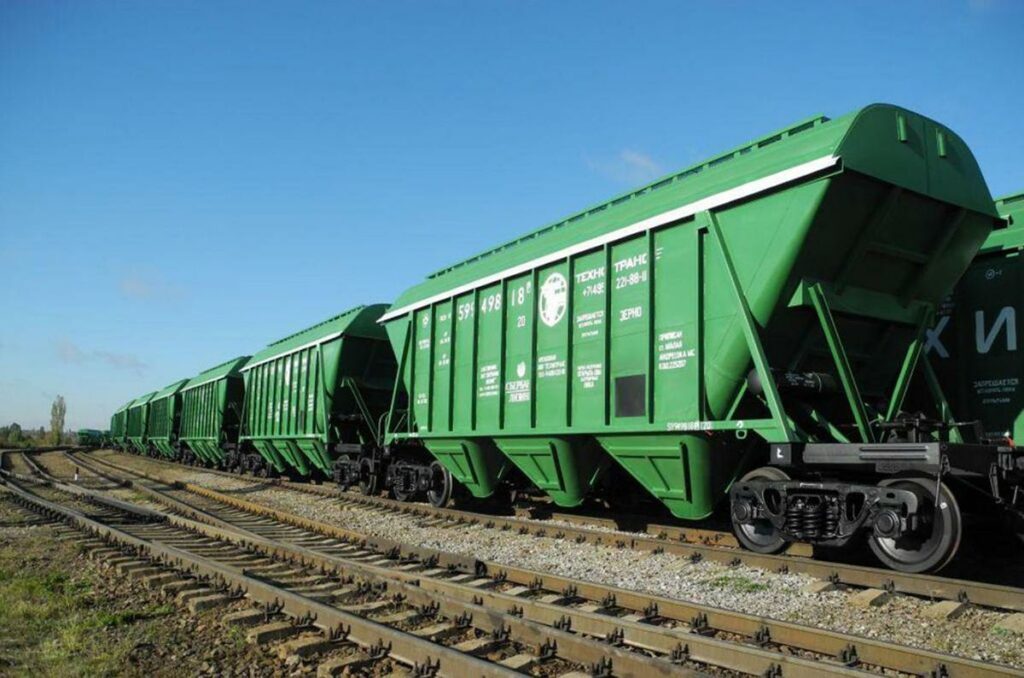Is it worth revising the pre-war plan to charge off old freight cars
The Ministry of Infrastructure plans to soften the requirements of its pre-war Order (No. 647 dated November 30, 2021) regarding the terms of operation of freight cars. In particular, for the period of martial law, it is proposed to “amnesty” from scrapping those wagons whose final term of use expires in 2022-2024. The Ministry of Infrastructure’s easing of norms is justified by the risk of a shortage of wagons and an increase in the price of rail freight transportation.
However, the decisive factor in the increase in the cost of transportation is primarily the decision of the Ministry of Infrastructure in July 2022 to cancel the responsibility of Ukrzaliznytsia for the term of cargo delivery. It was this that gave the monopoly the opportunity to simulate a shortage of wagons.
That pre-war Order No. 647 was born against the background of the realities of 2019-2020, when many used Russian railcars were brought to Ukraine, the service life of which was extended from 30 to 45 years. The surplus of wagons formed in this way had a negative effect on the market and signified the poor prospects of our wagon building industry. That is why the Ministry of Infrastructure issued the Order to start the phased withdrawal of wagons that are over 30 years old.
The surplus of wagons and their turnover at that time gave reason to predict that the write-off would not have a significant impact on the availability and cost of transportation. But with the beginning of a full-scale war, what happened was what we felt: the limitation of the supply of grain wagons and the breakneck growth of the wagon component, which cargo owners had to pay to “Ukrzaliznytsia” and the owners of private wagon fleets.
However, the real root cause of this phenomenon is not the writing off of old wagons, but the desire of “Ukrzaliznytsia” to offer freight owners the lease of its wagon fleet as cheaply as possible. And then UZ also “invented” such a way to stimulate the increase in the price of the wagon component, such as auctions.
It is important to note that the government has the leverage to prevent a situation where the write-off of old rolling stock will become a reason for Ukrzaliznytsia to declare a shortage of wagons and justify another increase in the cost of wagons.
Farmers want to transport goods in new wagons – but not for all the money in the world! If the Government takes care of their interests as well, the Ministry of Infrastructure should oblige Ukrzaliznytsia to return responsibility for the circulation of wagons. Then – even with a smaller number of wagons after scrapping unusable ones – larger volumes of grain will be transported than now.
And if the Government takes the next step in accordance with the requirements of the Association with the EU and removes the commercial function of selling wagons from the state-owned Ukrzaliznytsia, then there will be no auctions and artificially inflated prices. It is under such conditions that the write-off of worn-out cars and the construction of new cars will not result in cost overruns for cargo owners.





